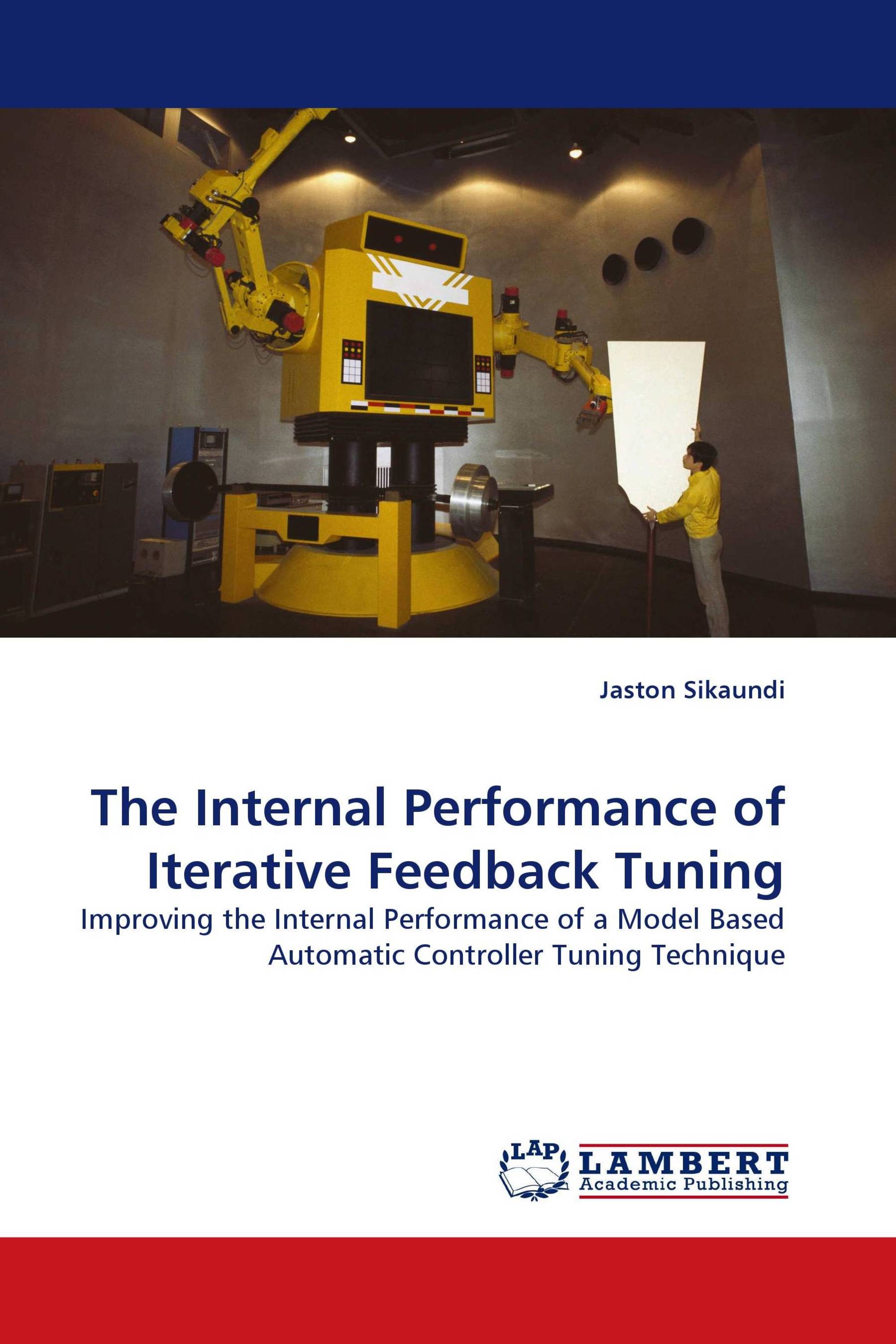The Internal Performance of Iterative Feedback Tuning
Improving the Internal Performance of a Model Based Automatic Controller Tuning Technique
LAP Lambert Academic Publishing ( 03.12.2010 )
€ 59,00
Under certain conditions Iterative Feedback Tuning (IFT) may produce a controller that cancels the poles of the process and as a result can give a closed loop that has poor internal performance. The disadvantage of this is that the closed loop will have poor input disturbance rejection. Four methods are proposed for avoiding pole-zero cancellation by concentrating on the input disturbance. These methods are using: a model for input disturbance rejection, time-weighted IFT for disturbance rejection, a setpoint-tracking model with overshoot and approximate pole placement IFT. Approximate pole placement IFT was chosen as the best method because the dynamics of the closed loop can be specified with the choice of characteristic equation. This method was then investigated further to establish its feasibility on a physical system. After the evaluation of this method, it was applied on a DC motor for speed control to show that it is viable in practice. Multiple experiments were done to show that this method does not produce a controller that cancels the process poles, confirming it as a good solution to prevent poor internal performance.
Детали книги: |
|
|
ISBN-13: |
978-3-8433-7997-7 |
|
ISBN-10: |
3843379971 |
|
EAN: |
9783843379977 |
|
Язык книги: |
English |
|
By (author) : |
Jaston Sikaundi |
|
Количество страниц: |
156 |
|
Опубликовано: |
03.12.2010 |
|
Категория: |
Машиностроение, технология производства |




